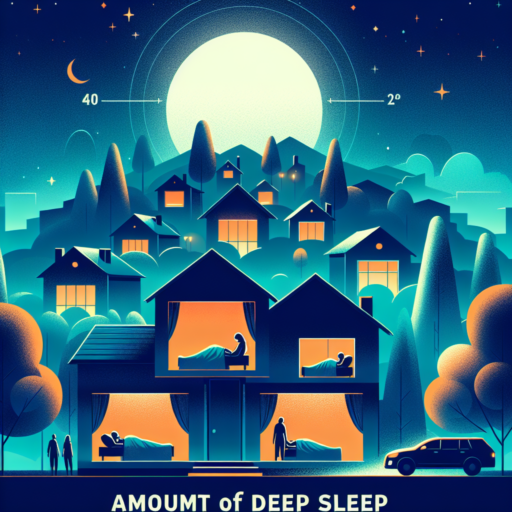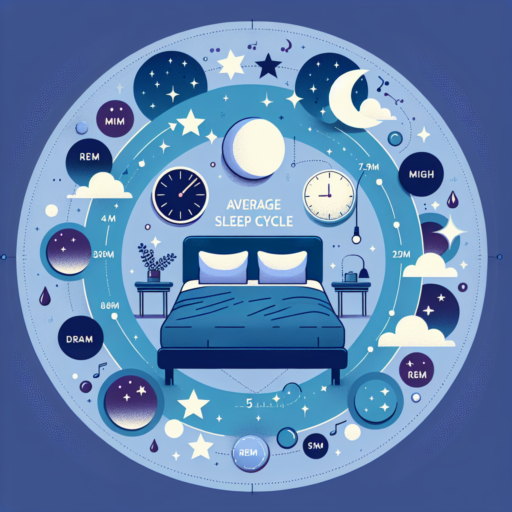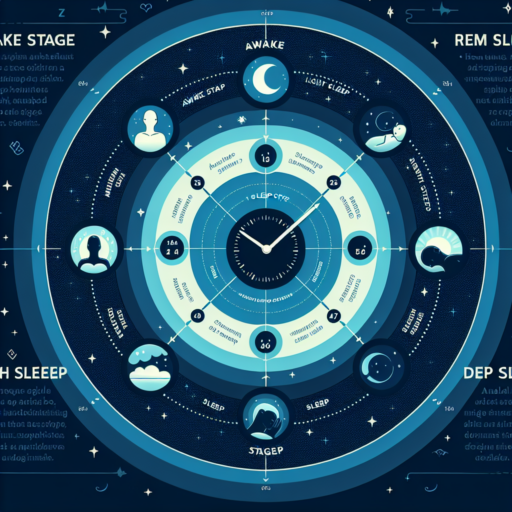What is a good HRV rate while sleeping?
Understanding your Heart Rate Variability (HRV) rate while sleeping is pivotal in assessing your overall health and fitness levels. Generally, a higher HRV indicates better cardiovascular fitness and stress resilience. While sleeping, a good HRV rate can vary significantly among individuals due to factors like age, gender, and physical condition.
Factors Influencing HRV During Sleep
Several factors can influence your HRV rate at night, including your sleep quality, lifestyle choices, and pre-existing health conditions. Ideally, your body enters a state of rest and recovery during sleep, where your HRV should naturally increase. This increase suggests that your nervous system is effectively balancing its sympathetic (stress response) and parasympathetic (rest and digest) responses.
Understanding the Numbers
While there’s no one-size-fits-all answer, a good HRV rate while sleeping is typically considered to be above your daytime baseline. For adults, an average HRV rate can range between 20-200 milliseconds (ms). Observing your personal trends over time is more crucial than comparing your rates to others, as significant deviations from your norm could indicate stress, fatigue, or potential health issues.
By regularly monitoring your HRV, especially during rest periods such as sleep, you can gain valuable insights into your overall well-being and make informed decisions to promote a healthier lifestyle.
Why is my nightly HRV so low?
Understanding the nuances behind a low nightly Heart Rate Variability (HRV) can give vital clues about your overall health and wellness. HRV measures the time variation between heartbeats and is an essential indicator of your autonomic nervous system’s response to stress, recovery, and resilience. A decrease in nightly HRV might point towards several underlying factors that are crucial to address for maintaining optimal health.
Factors Influencing Nightly HRV
Several factors can lead to a reduction in your nightly HRV, ranging from physical to psychological stressors. High stress levels, whether from daily activities or underlying anxiety, can significantly affect your HRV, making it lower than average. Moreover, poor sleep quality or inconsistency in sleep patterns directly impacts HRV, as the body fails to recover adequately during rest. Lifestyle choices such as lack of exercise, poor diet, and excessive intake of alcohol or caffeine can further degrade your HRV readings. It’s also essential to consider the impact of potential underlying health issues that may contribute to this decrease.
Improving Your Nightly HRV
To enhance your nightly HRV, focusing on stress management techniques, establishing a consistent sleep schedule, and adopting healthier lifestyle choices are key. Practices such as mindfulness, yoga, and meditation can aid in mitigating stress, thus potentially improving HRV over time. Equally, ensuring that your bedroom environment supports optimal sleep can make a significant difference in your readings. It’s advisable to seek professional healthcare advice if your low HRV persists, as it may indicate a more serious underlying health condition.
What is a good HRV by age?
Understanding the nuances of Heart Rate Variability (HRV) can be quite complex, yet it’s a valuable measure of your autonomic nervous system’s health and, indirectly, your overall well-being. The «good» HRV score varies significantly across different life stages, primarily because HRV tends to decrease as we age. This change reflects the natural decline in the autonomic nervous system’s flexibility.
HRV Scores Across Different Age Groups
While age is a critical factor in determining what constitutes a «good» HRV, remember that lifestyle, genetics, fitness level, and health status also play significant roles. Generally, younger individuals tend to have higher HRV scores, indicating more resilience and flexibility in their heart rate responses to stress and environmental changes. For instance, it is not uncommon for healthy children and young adults to exhibit higher HRV scores compared to older adults.
Typical HRV Ranges by Age
Below is a rough guide to what may constitute a good HRV range by age group:
- Children and teenagers: HRV tends to be the highest in this group, reflecting their generally higher levels of fitness and lower levels of chronic stress.
- Adults (20-50 years): There is a gradual decline in HRV as we move from our 20s into middle age. This period might show the beginning signs of a decreasing HRV, reflecting the impact of lifestyle factors, stress, and possibly the onset of chronic health issues.
- Seniors (50+ years): HRV continues to decline with age. However, those who maintain a healthy lifestyle, including regular physical activity and stress management practices, may sustain higher HRV scores than their less active counterparts.
These HRV trends underline the importance of monitoring your HRV as part of a comprehensive approach to managing your health across your lifespan. While the numbers provide a glimpse into your autonomic nervous system’s functionality, they’re just one part of a bigger picture that includes a wide array of health and wellness metrics.
Is 26 ms HRV good?
Understanding your heart rate variability (HRV) is key to assessing your overall heart health and wellness. The question of whether a 26 ms HRV is good is not straightforward, as HRV varies significantly among individuals. Typically, HRV is used to gauge the balance between your sympathetic and parasympathetic nervous systems.
HRV and Age Factors: It’s important to consider age when evaluating HRV scores. Generally, a higher HRV signifies a healthy, responsive heart, with younger individuals often presenting higher HRV figures. For some, especially those who are younger and more active, a 26 ms HRV might be on the lower side. Contrastingly, for others, especially in older demographics, it could be within a reasonable range.
Comparing HRV Scores: To truly understand if a 26 ms HRV is good for you, comparisons with baseline measurements and considering lifestyle factors such as stress levels, fitness, and even genetics are essential. Additionally, industry experts recommend regular monitoring to track HRV trends over time rather than focusing on single measurements.





